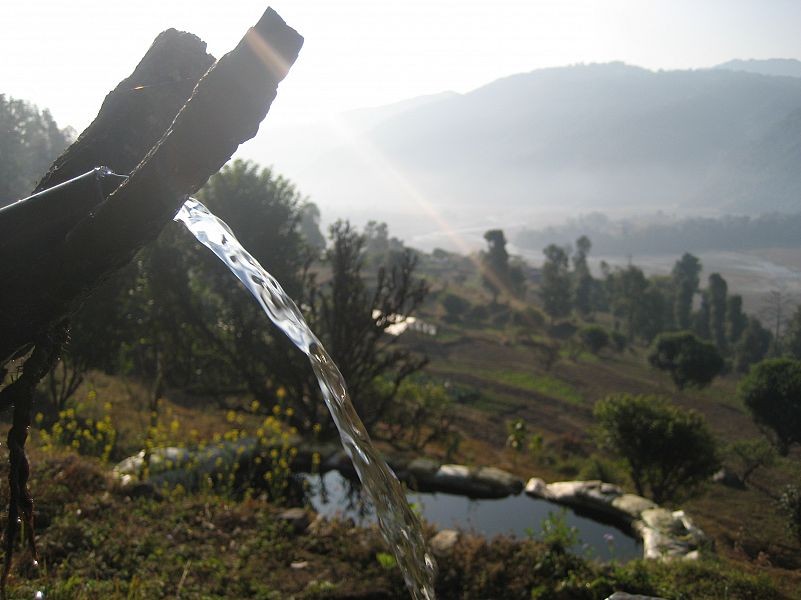Restaurants and Hotels in rural Nepal hold great promise to electrify cooking, offering both cost and time savings. The inclusion of commercial food establishments in such initiatives remains limited, however. In this blog, we share key insights and community feedback gathered through our demonstration campaign.
New Project: Solar Water Pumping Systems For Nepalese Small Farmers
One of our new exchange activities in cooperation with Winrock International aims to scale-up the use of solar water pumping systems and provide reliable irrigation for small farmers in Nepal.
Most smallholder farmers in Nepal are dependent on labor intensive, time consuming and expensive methods for irrigation and livestock watering. A reliable and sustainable water supply is needed to increase agricultural productivity, improve livestock farming and ensure food security.
In recent years, solar water pumping technologies have enabled Nepalese farmers to produce surplus crops and improve their livelihoods. However, this technology has not been widely adopted due to a lack of awareness and knowledge about this technology among market actors along the agricultural value chain. In addition, high upfront costs make the technology unaffordable for many farmers.
Winrock was successful in demonstrating and facilitating sales of solar water pumping systems to farmers for irrigation and livestock watering (fish, poultry, cattle and pigs) with various affordable business models.
In this new SEPS exchange activity, Winrock intends to scale-up the use of solar water pumping systems and provide reliable irrigation through a knowledge exchange. This exchange aims to increase the capacities of farmers, financial institutions and policymakers in (rural) municipalities to implement innovative and appropriate business models.
Read more about the anticipated project steps: Knowledge Exchange to Make Solar Water Pumping (SWP) Systems Affordable for Small Farmers
Updates on the project activities will be published in our news blog.


